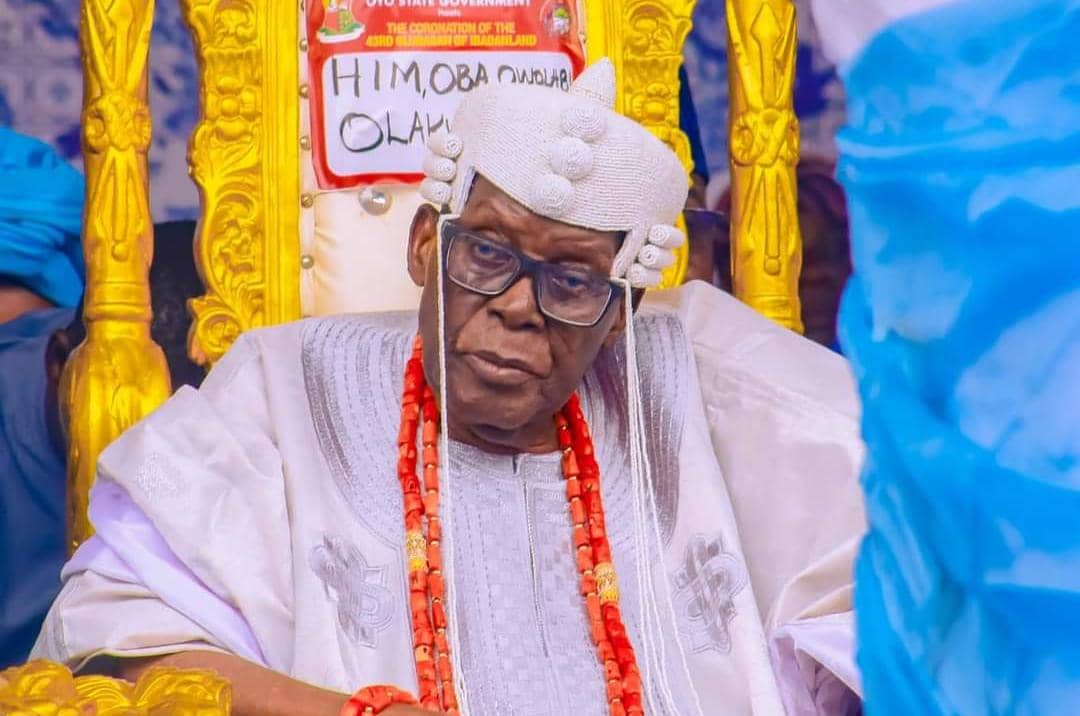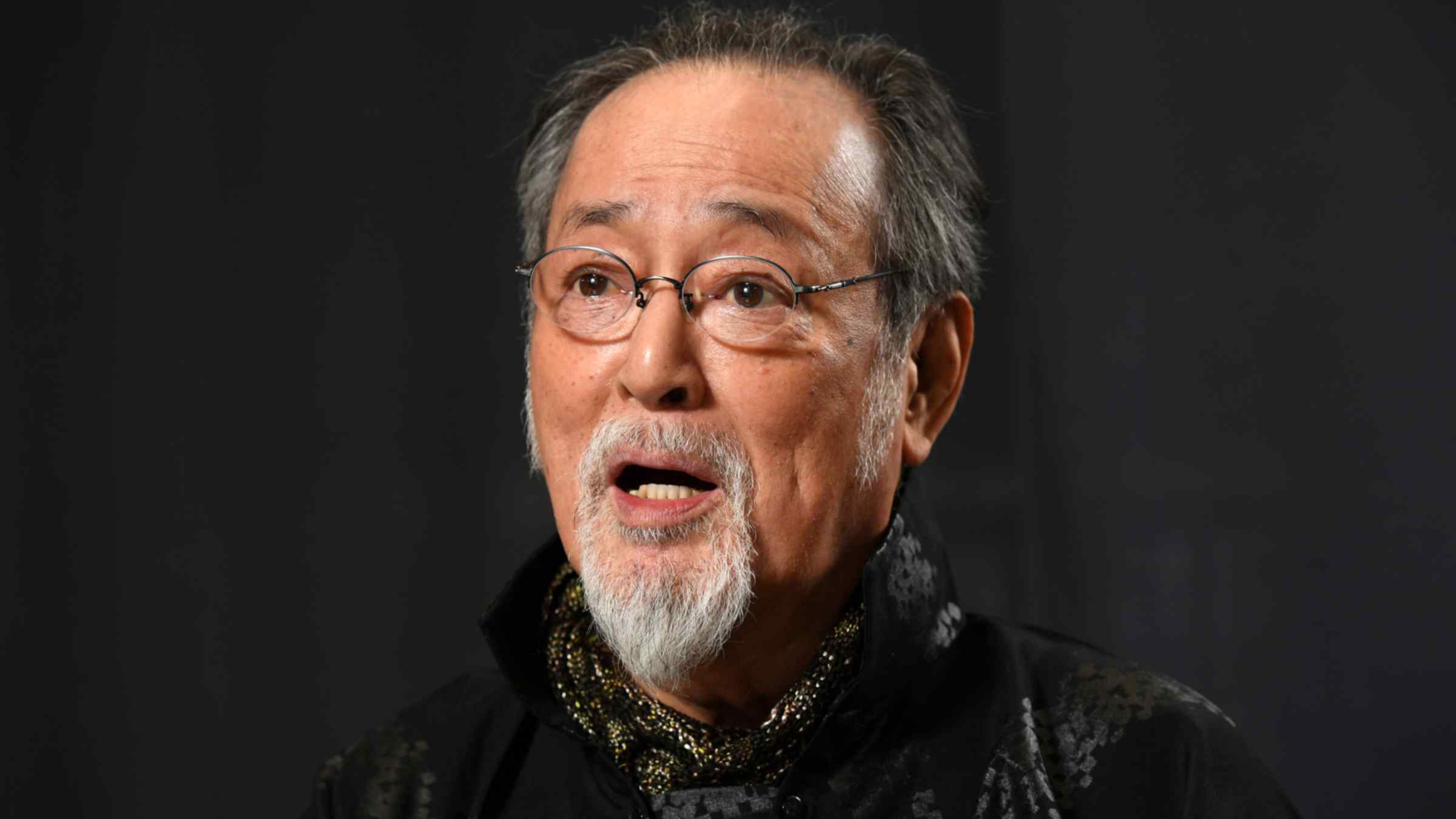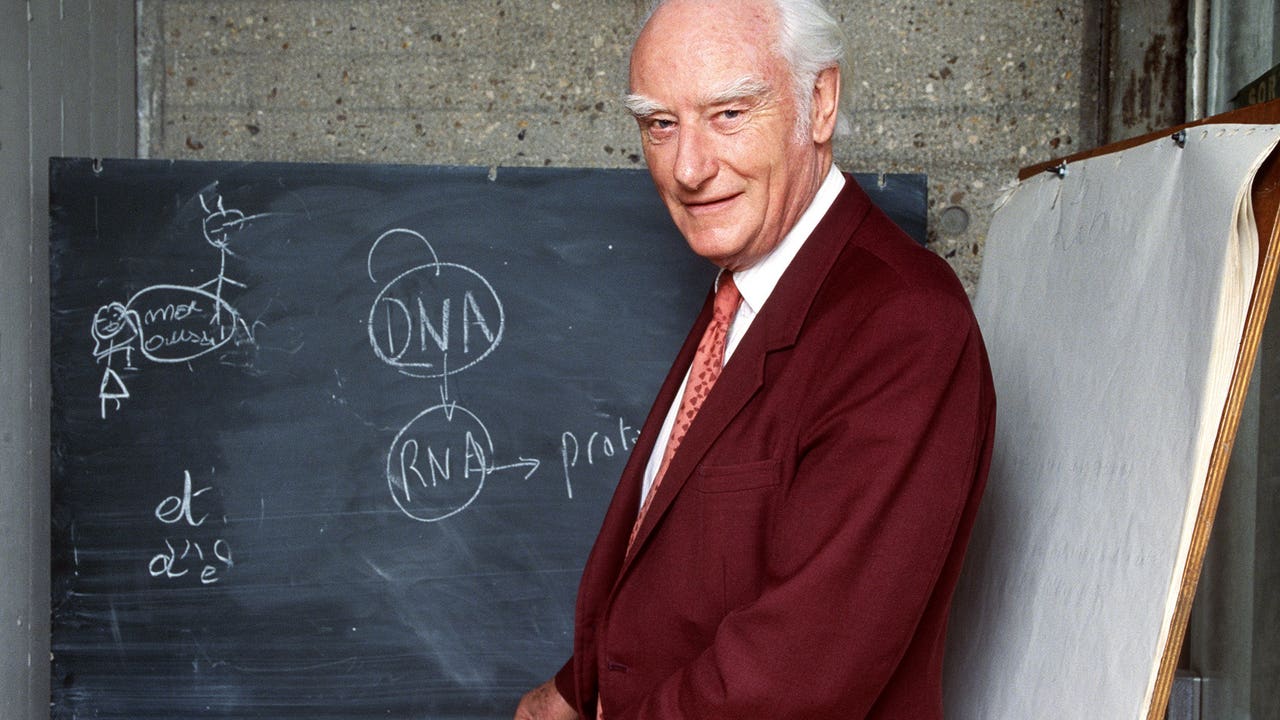Personality in Focus
Olubadan of Ibadanland, Oba Olakulehin, Dies at 90

The Olubadan of Ibadanland, Oba Owolabi Olakulehin, has died. He was aged 90.
Oba Olakulehin, who ascended the throne in July 2024, died in the early hours of Monday, July 7, 2025, after spending a year on the throne, and two days after his 90th birthday
Oba Olakulehin received the staff of office from Oyo State Governor Engr. Seyi Makinde, on July 12, 2024, as the 43rd Olubadan of Ibadanland.
Oba Olakulehin ascended the throne from the chieftancy rung of Balogun Olubadan, following the demise of Oba (Dr.) Moshood Lekan Balogun, Alli Okunmade II, who died at the age of 81 years on March 14, 2024.
Personality in Focus
Newswatch Co-Founder, Dan Agbese, Dies at 81

One of the founders of Newswatch magazine, Chief Dan Agbese, is dead.
According to a statement issued by the Agbese family of Ikpilogwu clan of Agila district, Ado Local Government Area of Benue State, he died on Monday.
“We hereby announce the passing away of our husband, father, grandfather, brother, uncle and mentor: Chief Dan Agbese, the Awan’Otun of Agila.”
“Chief Agbese transited to eternal glory this morning, Monday November 17, 2025. He was aged 81.
“Burial arrangements would be announced by the family in due course.
“Born May 12, 1944 in Agila, Chief Agbese was a renowned journalist and author, famous for his seminal contributions to journalism practice in Nigeria and renowned for his satirical columns.
He was editor of The Nigeria Standard and New Nigerian newspapers, and General Manager of Radio Benue, Makurdi.
“Chief Agbese was one of the founders of the trail-blazing Newswatch magazine and was until April 2010 its Editor-in-Chief.
“Before his passing, he wrote several books and maintained weekly columns in notable newspapers including the Daily Trust and The Guardian, while running a media consultancy with his friends and colleagues, Ray Ekpu, Yakubu Muhammed and Soji Akinrinade.
“He is survived by his wife , Chief Rose Agbese, their six children, and seven grandchildren.”
Personality in Focus
Veteran Japanese Actor, Tatsuya Nakadai, Dies at 92

Japanese stage and film actor Tatsuya Nakadai, who starred in a string of Akira Kurosawa classics, including the lead role in Ran, has died at the age of 92, his acting school announced on Tuesday.
Nakadai first rose to fame in Japan and internationally under director Masaki Kobayashi, who cast him in his epic anti-war trilogy The Human Condition in the late 1950s and early 1960s.
His acting school, Mumeijuku, did not disclose when Nakadai died or provide further details.
Nakadai had a walk-on role in Kurosawa’s 1954 classic Seven Samurai, but later effectively replaced Toshiro Mifune as the famed director’s leading man after Mifune went his own way.
He played the main protagonist in Kurosawa’s Kagemusha (1980), which won the Palme d’Or, the top prize at the Cannes Film Festival.
Nakadai also portrayed the doomed warlord who divides his kingdom among his sons in Ran (1985), Kurosawa’s adaptation of Shakespeare’s King Lear.
One of his former students, Koji Yakusho, won Best Actor at the 2023 Cannes Film Festival for his role in Wim Wenders’ Perfect Days.
Nakadai continued performing until recently, appearing this year at a theatre in the Noto region, which was still recovering from a deadly earthquake that struck on New Year’s Day last year.
AFP
Personality in Focus
Brain Behind Discovery of DNA, James Watson Dies at 97

American scientist, James Watson, one of the co-discoverers of the structure of deoxyribonucleic acid (DNA), has died at the age of 97.
Watson, alongside Francis Crick, identified the double-helix structure of DNA in 1953, a discovery that transformed biology and medicine. Their work, which revealed how genetic information is stored and transmitted, earned them and Maurice Wilkins the 1962 Nobel Prize in Physiology or Medicine.
“We have discovered the secret of life,” they said at the time.
His death was confirmed by the Cold Spring Harbor Laboratory (CSHL) in New York, where he spent much of his career. Watson led the institution for decades before stepping down as chancellor following controversy over his remarks on race and sex.
Watson’s reputation declined sharply after comments he made suggesting genetic differences in intelligence between races. In a 2007 interview with The Times, he said he was “inherently gloomy about the prospect of Africa”, adding that “all our social policies are based on the fact that their intelligence is the same as ours whereas all the testing says not really.”
He later apologised “unreservedly”, but the remarks cost him his position at CSHL. In 2019, further comments linking race and intelligence prompted the lab to strip him of his remaining honorary titles. “Dr. Watson’s statements are reprehensible, unsupported by science,” the laboratory said in a statement.
DNA was first discovered in 1869, but its role as the genetic material in cells wasn’t confirmed until 1943. The molecule’s structure remained unknown until Watson and Crick built their model, using X-ray images produced by Rosalind Franklin at King’s College London images reportedly obtained without her consent.
Though Franklin died in 1958, she is now widely credited for her crucial role in solving the DNA structure. At the time, however, her contributions were largely overlooked.
Watson also drew criticism for sexist remarks in his 1968 memoir The Double Helix, where he commented on Franklin’s appearance. Despite this, some former colleagues noted that he supported women scientists at Harvard in the 1950s and 60s, when few others did.
In 2014, feeling isolated from the scientific community, Watson sold his Nobel medal for $4.8 million. The Russian buyer later returned it to him.
Born in Chicago in April 1928, Watson was the son of Jean and James Watson, descendants of English, Scottish, and Irish settlers. A gifted student, he entered the University of Chicago at 15, where he became interested in X-ray diffraction, a key technique in revealing atomic structures.
Watson later studied at Cambridge University, where he met Crick and began building models of DNA. After their discovery, he joined Harvard University as a biology professor.
He and his wife, Elizabeth, had two sons. One was diagnosed with schizophrenia, inspiring Watson to continue research into the genetic basis of mental illness.
In 1968, he became director of Cold Spring Harbor Laboratory, transforming it into a leading global centre for molecular biology research, the same institution that later confirmed his death.






